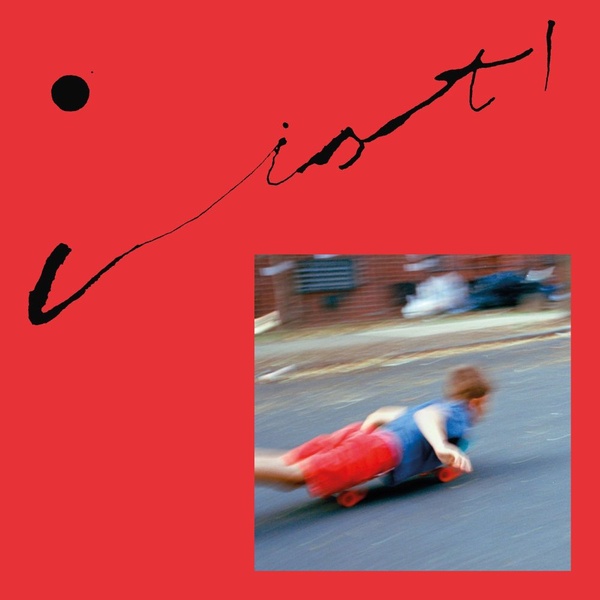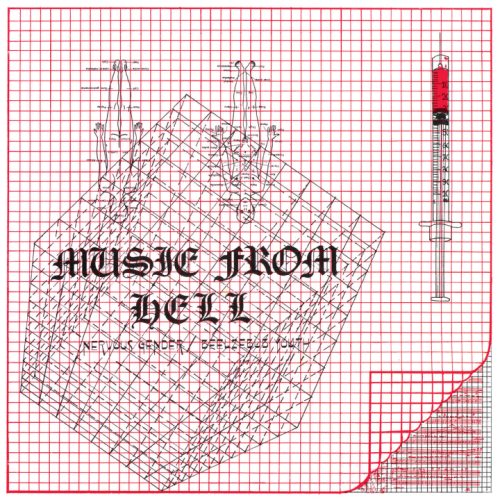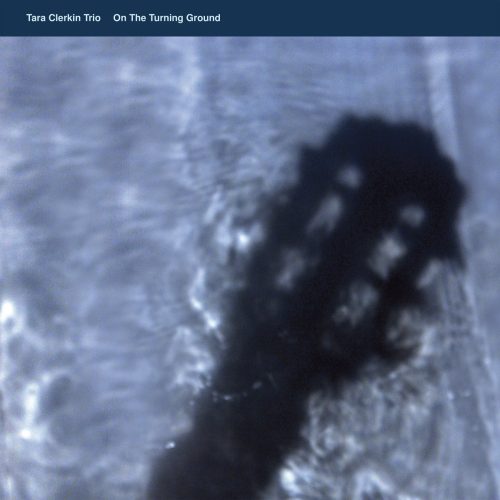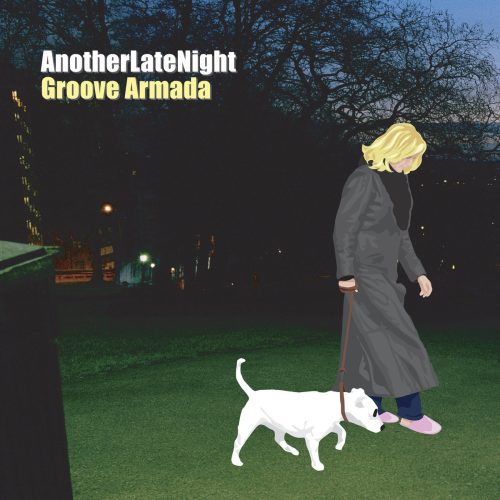Keyboards And Strings
Label: Libreville
Genre: Ambient, Electronic, Highlights
$39.99
Availability: In stock
Audiopile Review: France’s Libreville Records dip back into the catalog of the Welsh composer Albert Alan Owen after already giving new life to his 1982 minimalist library LP, Following The Light. Sharing piano and keyboard duties with Milada Polasek, he’s also joined here by violinist Katherine Sweeney, who carries much of the emotional weight across the album. Sweeney, who also played alongside Polasek on Following The Light, emotes a range of moods with her captivating violin, pulling at melancholic threads with her sweet laments or pitching up the intensity with sorrowful playing. Rising above staid chamber music, the merging of violin with electric and acoustic piano has an ineffable, deeply moving quality that pays dividends to the invested listener. Recommended! Limited Edition. Remastered from the master tapes and pressed in an edition of 500 copies.
Albert Alan Owen was born in Wales in 1948 to parents of Welsh and Latvian heritage. His family later moved to Zimbabwe, where his father took up a teaching position. There, Owen was deeply influenced by local music and culture, while also exploring American RnB and jazz. It was during this period that he became acutely aware of the harsh inequalities under British colonial rule, which instilled in him a lifelong aversion to discrimination and racism.
In 1967, Owen returned to Europe to pursue his studies and enrolled at the Royal Academy of Music in London. He went on to spend time in Paris, studying composition with the eminent Nadia Boulanger and piano under Jacques Février, a favorite pianist of Ravel’s and Poulenc’s. Owen’s focus shifted almost entirely to composition, and the acquisition of a Fender Rhodes electric piano marked the beginning of a divorce from his classical Western training. This transition allowed him to merge his passion for African and African-American music with the impressionistic styles of Ravel and Debussy while exploring the innovative realm of electroacoustic composition. These formative experiences framed Owen’s career as a composer and educator at the Royal Academy of Music and London’s Working Men’s College. He eventually returned to Wales, where he continues to reside.
In 1979, 29-year-old Albert Alan Owen released “Keyboards & Strings”, a light magical chamber music masterpiece. Transcending the formal conventions of its era, “Keyboard & Strings” is an acoustic and electric piano piece, where the violin is met by synths and electronics. As is often the case in Albert Alan Owen’s most intimate works, there is a sense of ethereal beauty that emerges from the music, akin to the emotional state one might experience while contemplating a Félix Vallotton landscape or the unfathomable mystery of dawn’s first light. Quiet, profound, and immersive, “Keyboard & Strings” stands out as an electronic-age tone poem, a rare gem that transcends time and place.





